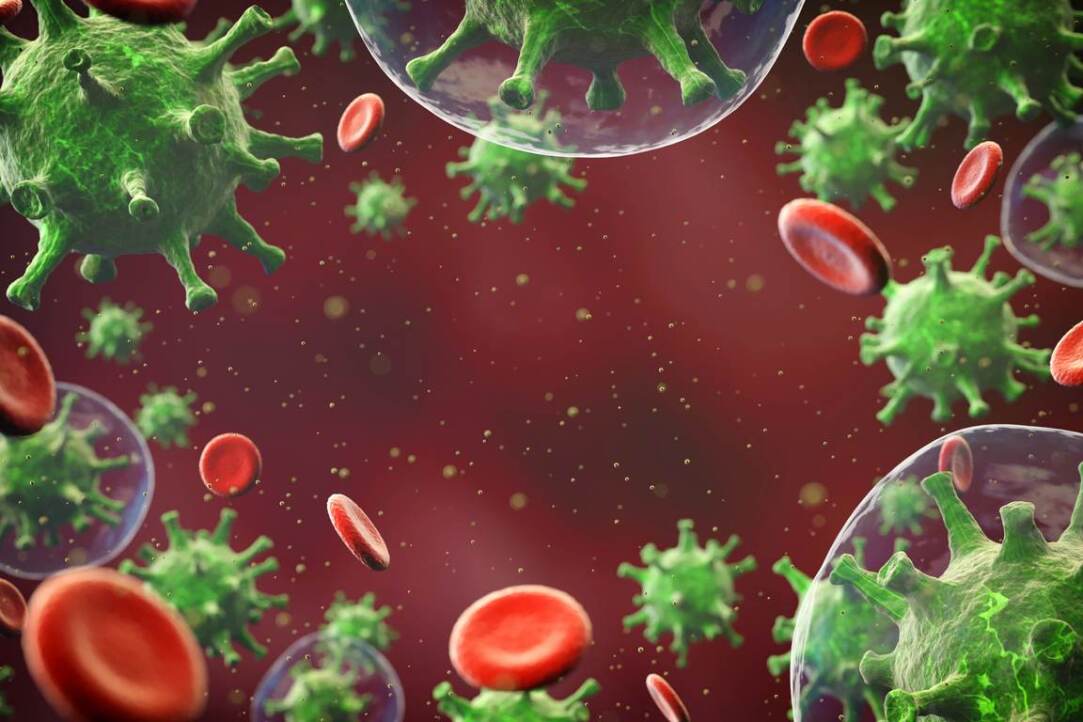A publication by HSE biology researchers was included in the top 5 popular articles of PeerJ journal

In the article ‘HLA-A*01:01 allele diminishing in COVID-19 patients population associated with non-structural epitope abundance in CD8+ T-cell repertoire’, Russian scientists compared the features of HLA-I genotypes of COVID-19 patients in the first and third waves of the pandemic. They found that the frequency of carriers of the HLA-A*01:01 allele was halved among patients in the third wave compared to the first.
‘We started studying genetic susceptibility to COVID-19 almost immediately after the pandemic started. In a study that came out as early as 2021, we found that HLA-A*01:01 carriers were more prone to a severe course of COVID-19. Further studies, however, showed that a significant proportion of patients carry COVID-19 in a mild form, including HLA-A*01:01 carriers. We found that the drop in the number of carriers of this allele among patients of the third wave may be due to the fact that a significant proportion of them recovered from the disease by that time and formed persistent T-cell immunity, which prevents them from going to hospital,’ explains Maxim Shkurnikov, head of the Laboratory for Research on Molecular Mechanisms of Longevity at the National Research University Higher School of Economics and first author of the article.
The scientist suggests that the interest in the article is due to the fact that it managed to confirm the genetic predisposition to the severe form of COVID-19. Specifically, Russian scientists have shown that patients with the HLA-A*01:01 allele who have had COVID-19 exhibit a predominance of memory T-lymphocytes — cells that remember antigens from infections and provide a rapid immune response upon re-exposure to the virus.
A team from the Faculty of Biology and Biotechnology at the National Research University Higher School of Economics continues to study the genetic predisposition to COVID-19, as well as its various strains. Thus, in a new paper planned for publication in Medical Virology in the first half of 2024, scientists will explain differences in infection development in intestinal and lung cells when comparing the omicron variant with its predecessor, delta, which caused a more severe course of disease. The findings may help predict the behaviour of new strains of the virus, including a new variant called "pirola".
Our scientists continue to make significant contributions to global science by collaborating with colleagues from various countries and participating in international projects. Thanks to this collaboration, Russian science remains one of the leaders in the global scientific community. Currently, we are conducting research on immunity formation against SARS-CoV-2 together with Taipei Medical University, while also developing anti-tumor vaccines based on neoantigens with colleagues from Sun Yat-sen University,” said Maxim Shkurnikov.
